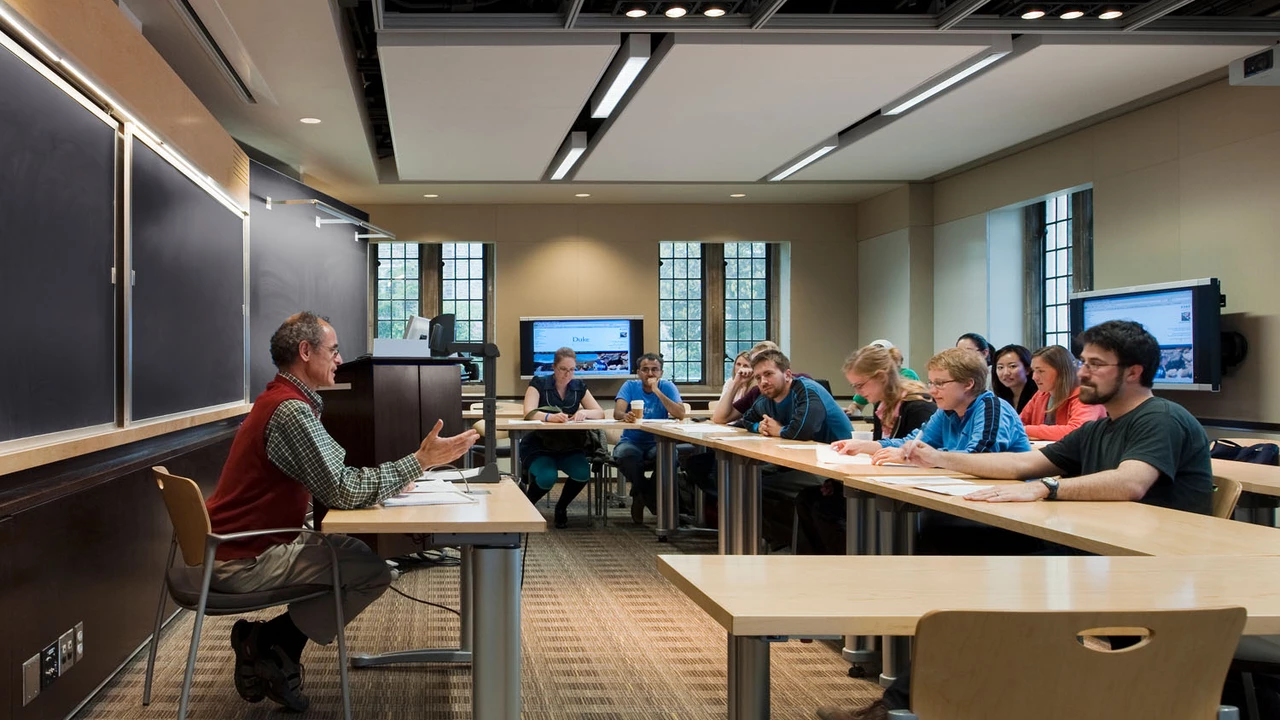Is college/university/higher education a privilege?

Understanding the Concept of Privilege
In order to approach the question of whether higher education is a privilege, we first need to clearly define what we mean by 'privilege'. By definition, a privilege is a special right or advantage granted or available only to a particular person or group. In the grand scheme of things, anything that is not universally accessible to everyone can be considered a privilege. It's a term often used to discuss disparities in our societies, whether they're based on race, gender, socio-economic status, or other factors. And yes, education is often a part of those conversations.
The Inherent Inequality in Access to Higher Education
When we talk about higher education, we're referring to any level of education beyond high school, which includes college and university degrees, as well as vocational and professional training. In an ideal world, everyone would have equal access to these opportunities. However, the reality is far from this. The cost of tuition, the availability of quality education institutions, and the support to succeed in these environments are not evenly distributed. This unequal distribution of resources creates a disparity in who can access higher education, making it a privilege for some rather than a right for all.
Economic Barriers in Accessing Higher Education
One of the most significant barriers to higher education is its cost. Tuition fees for colleges and universities have skyrocketed over the years, making it difficult for many families to afford. In addition, the expenses of textbooks, housing, and other living costs add to the financial burden. While financial aid and scholarships are available for some, they do not cover everyone, and many students end up in significant debt. For many, the economic hurdle is simply too high to overcome, making higher education a privilege for those who can afford it.
Structural Barriers in Accessing Higher Education
Even for those who can afford the cost, there are other barriers that make higher education a privilege. These include structural issues such as systemic racism, sexism, and classism that prevent certain groups from accessing these opportunities. For example, many schools in low-income neighborhoods lack the resources to provide students with the academic preparation needed for college. Furthermore, these students often lack access to information about college applications, scholarships, and financial aid.
Is Higher Education a Right or a Privilege?
The debate over whether higher education is a right or a privilege often boils down to one's perspective. If you believe that everyone should have equal access to opportunities for growth and advancement, you may see higher education as a right. However, the reality of our society is that not everyone has this access, making higher education a privilege for some. It's important to remember that acknowledging higher education as a privilege does not diminish its value or importance. Rather, it highlights the need for changes in our society to make it more accessible to everyone.
Working Towards Equal Access to Higher Education
Acknowledging higher education as a privilege is the first step towards creating a more equitable system. We need to work on multiple fronts to tackle the barriers that prevent many from accessing higher education. This includes addressing the high cost of education, improving the quality of education in all schools, and dismantling systemic barriers that disproportionately affect certain groups. Only then can we move towards a world where higher education is not a privilege, but a right accessible to all.